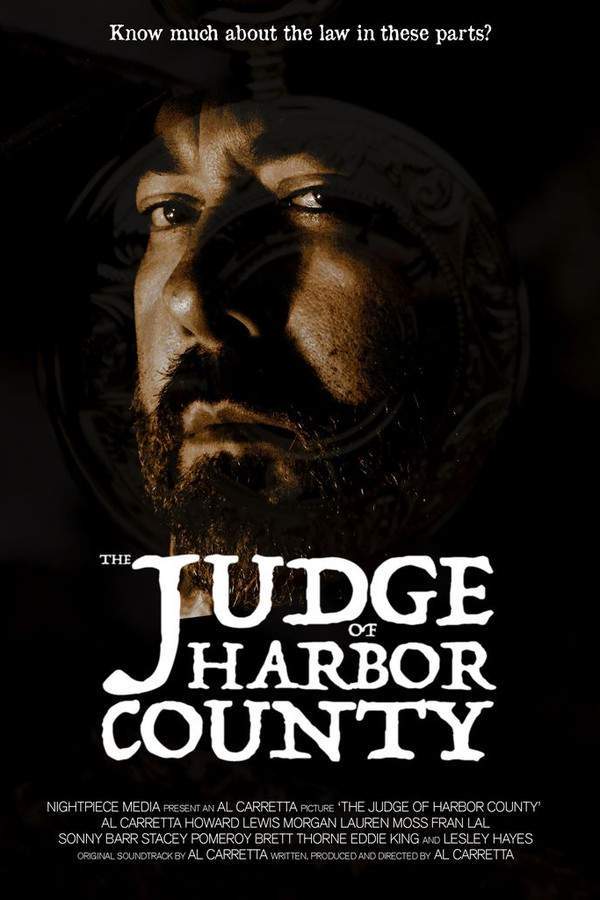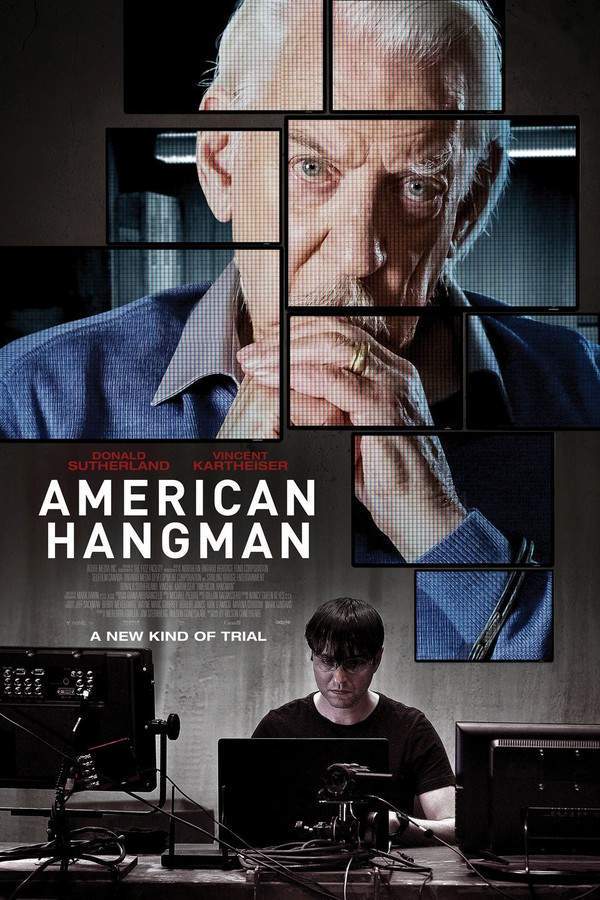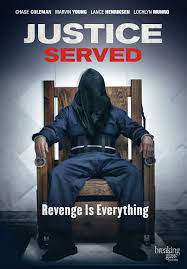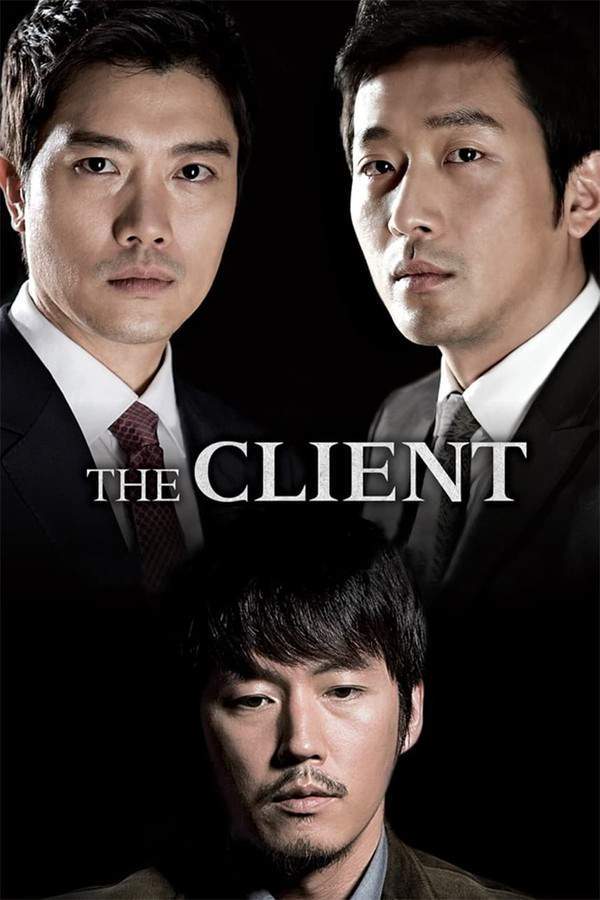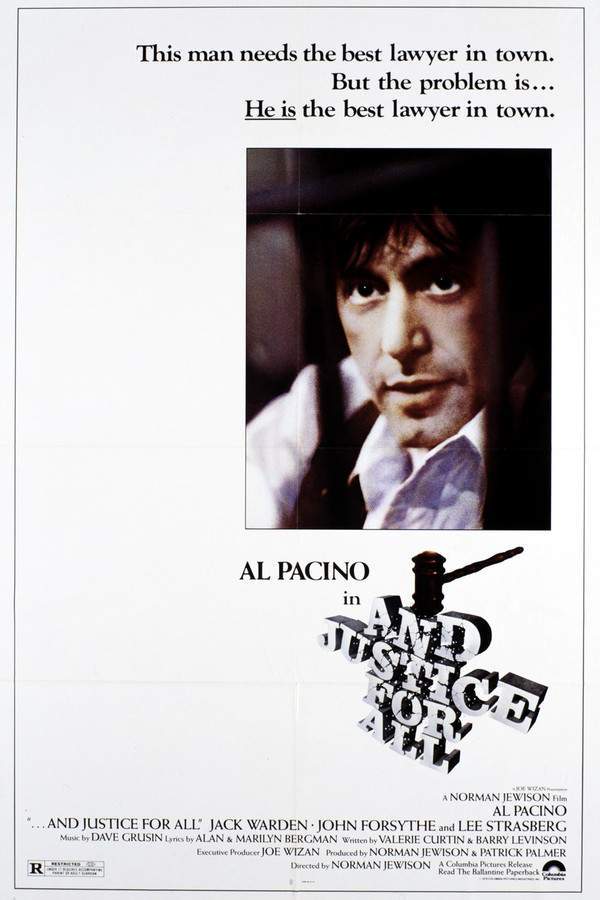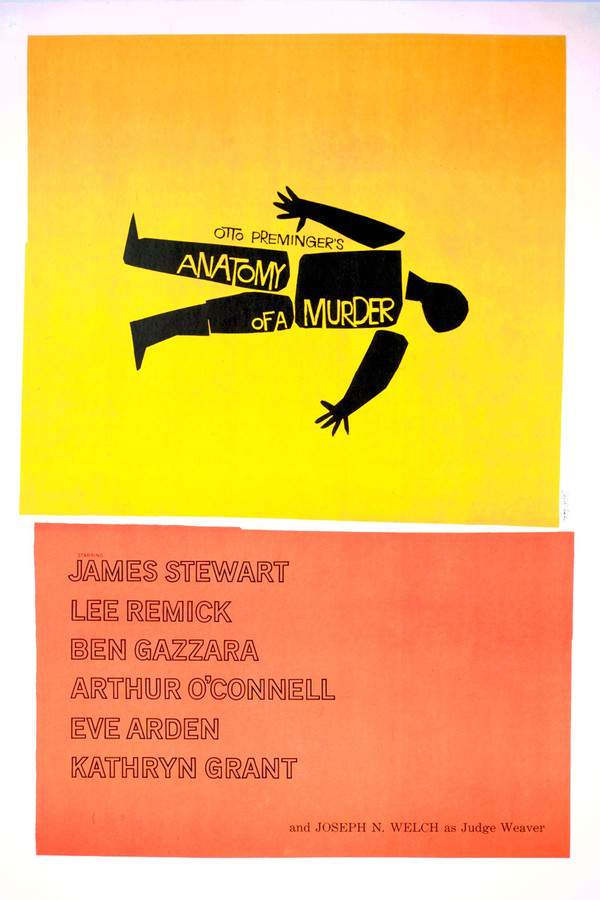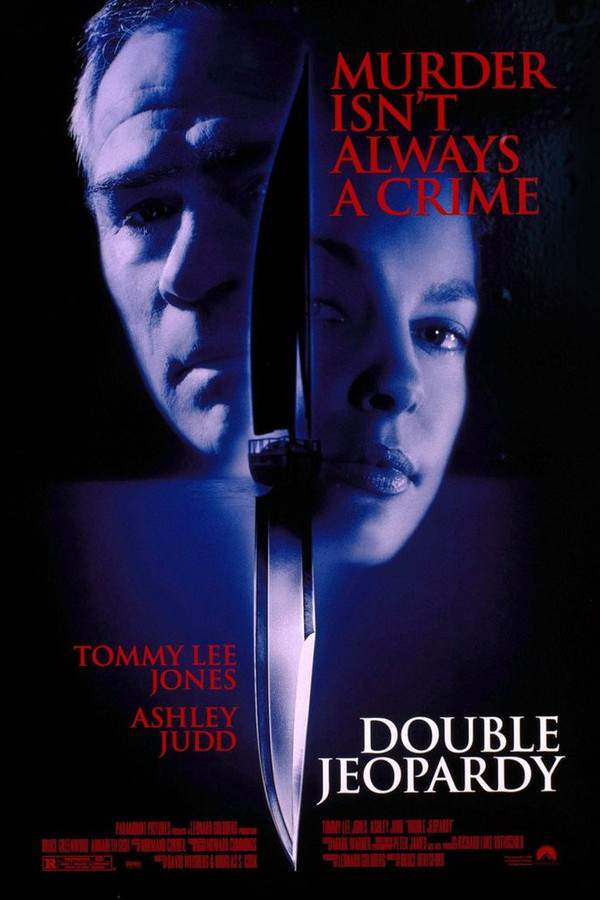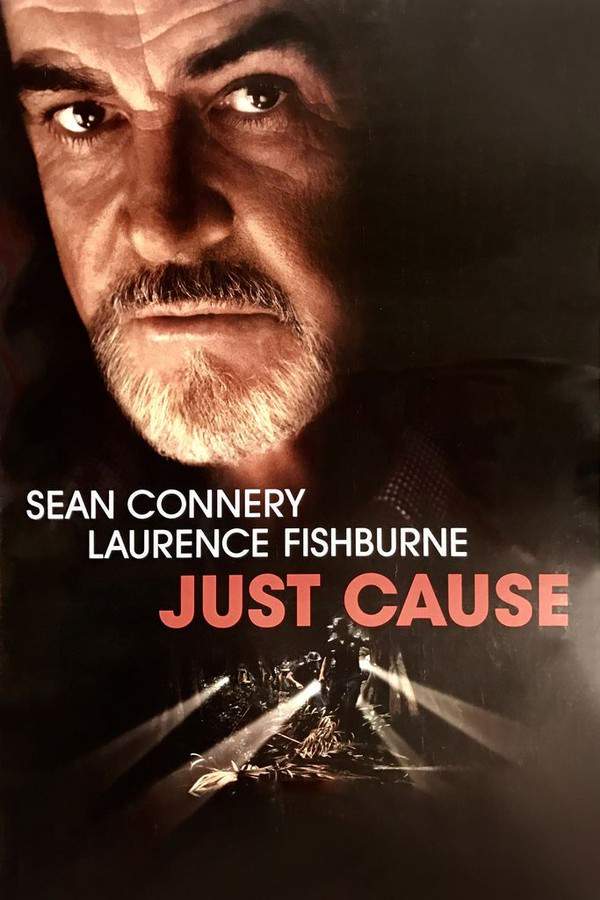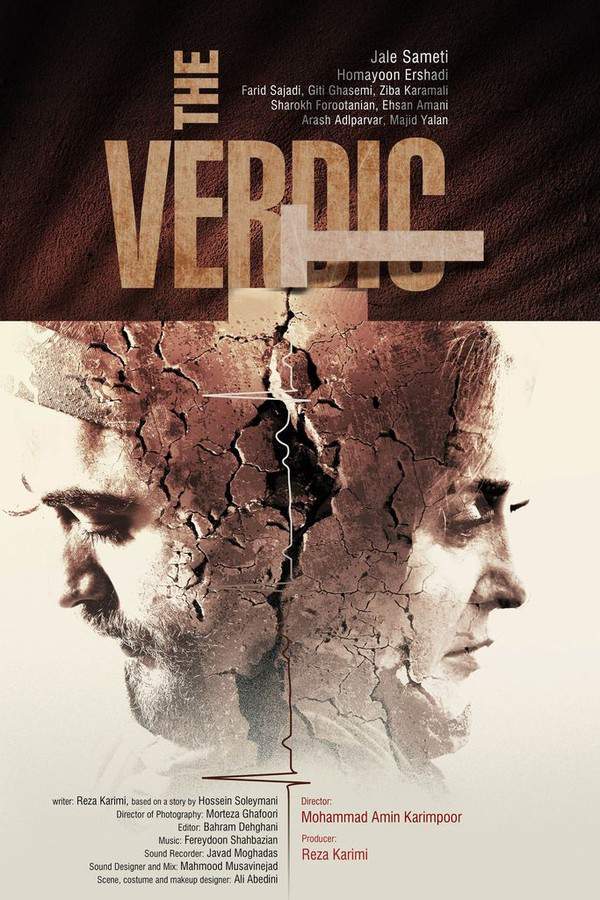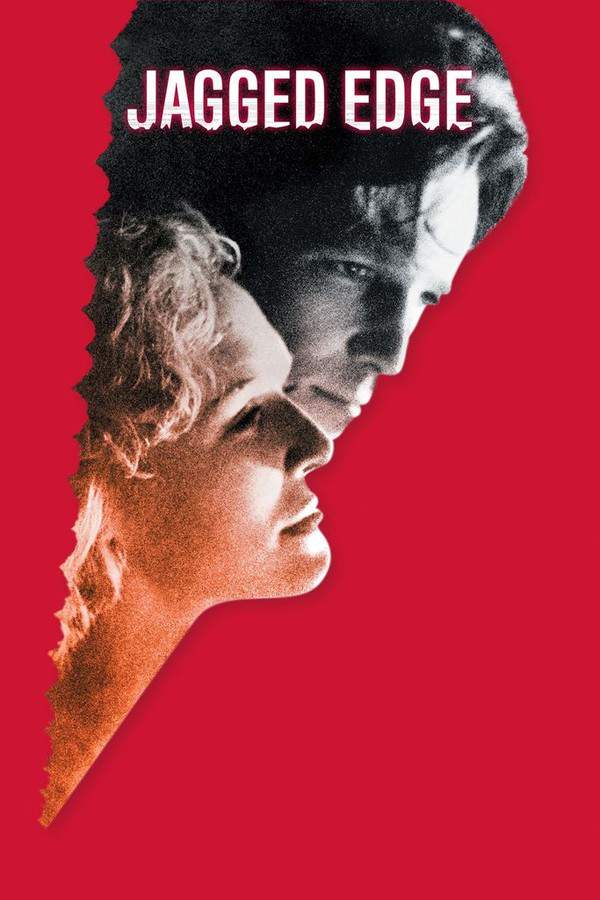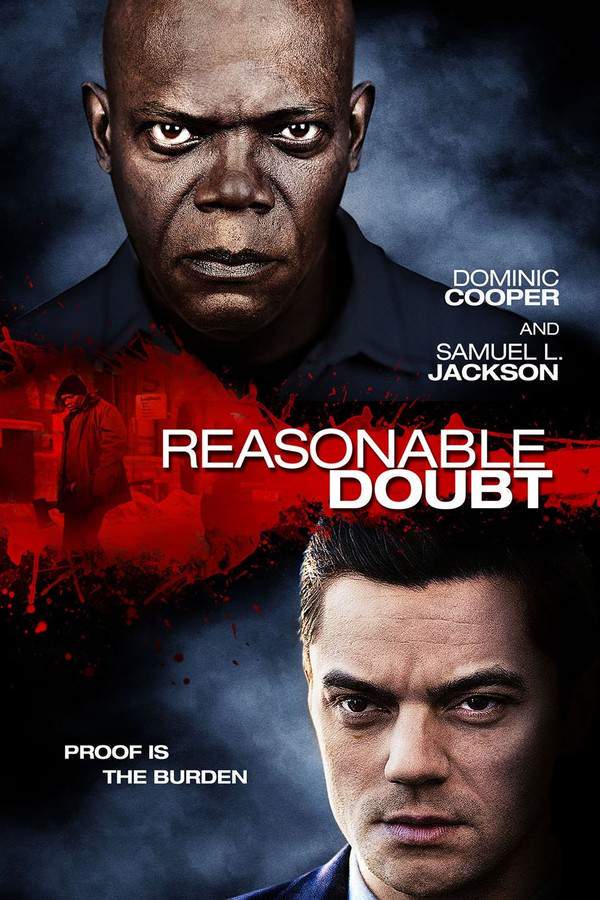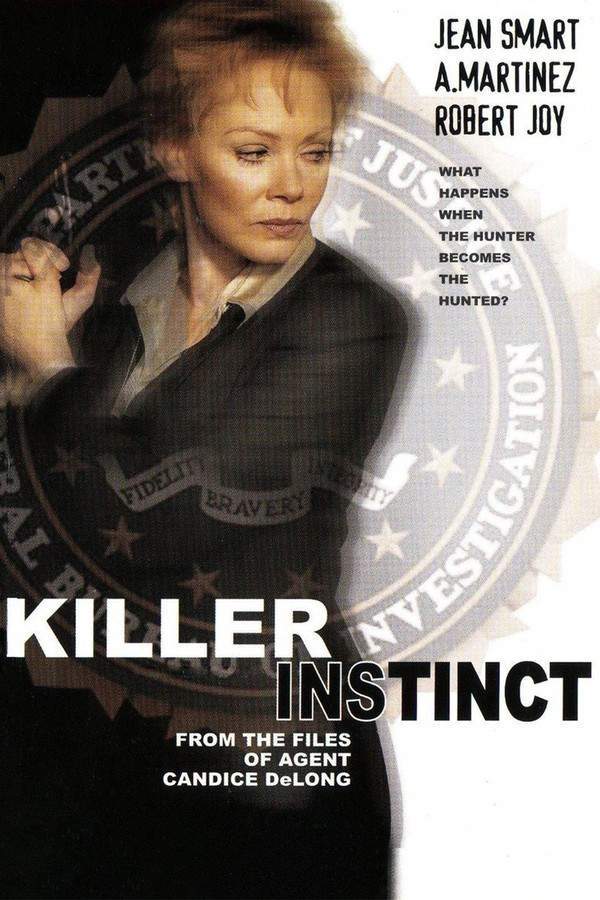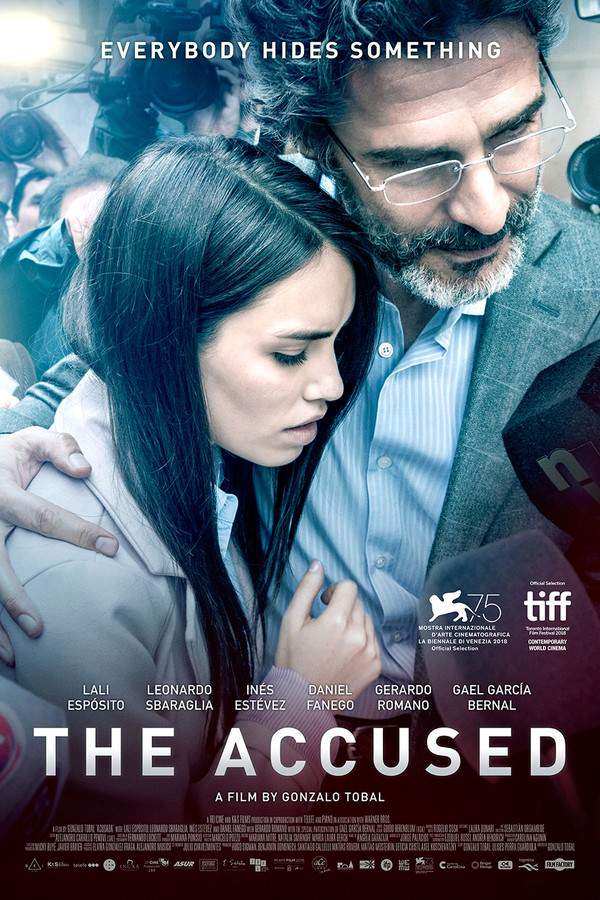Juror #2 2024
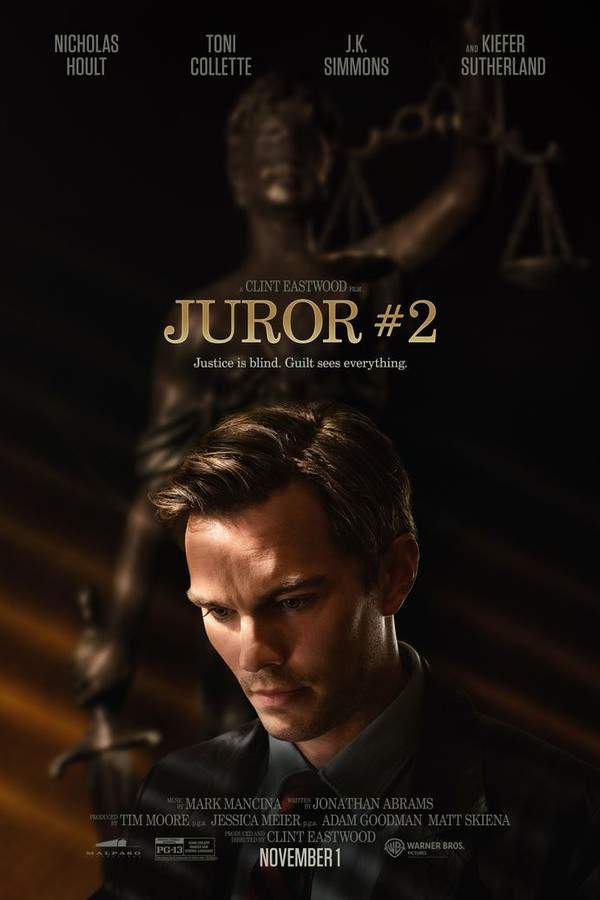
While serving on a jury for a high-profile murder trial, family man Justin Kemp faces a significant moral conflict. He realizes the situation presents an opportunity to influence the jury's verdict, potentially leading to the conviction of an innocent person or the release of a guilty one.
Does Juror #2 have end credit scenes?
No!
Juror #2 does not have end credit scenes. You can leave when the credits roll.
Meet the Full Cast and Actors of Juror #2
Explore the complete cast of Juror #2, including both lead and supporting actors. Learn who plays each character, discover their past roles and achievements, and find out what makes this ensemble cast stand out in the world of film and television.

Chris Messina
Eric Resnick

Leslie Bibb
Denice Aldworth
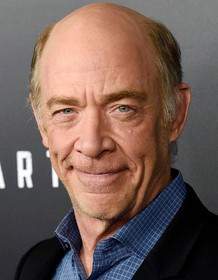
J.K. Simmons
Harold

Zoey Deutch
Allison Crewson

Nicholas Hoult
Justin Kemp

Drew Scheid
Brody

Toni Collette
Faith Killebrew

Gabriel Basso
James Michael Sythe

Hedy Nasser
Courtney

Adrienne C. Moore
Yolanda

Cedric Yarbrough
Marcus

Zele Avradopoulos
Irene

Jason Coviello
Luke
External Links and Streaming Options
Discover where to watch Juror #2 online, including streaming platforms, rental options, and official sources. Compare reviews, ratings, and in-depth movie information across sites like IMDb, TMDb, Rotten Tomatoes or Metacritic.
Ratings and Reviews for Juror #2
See how Juror #2 is rated across major platforms like IMDb, Metacritic, and TMDb. Compare audience scores and critic reviews to understand where Juror #2 stands among top-rated movies in its genre.

The Movie Echo Score
Juror #2 exhibits strong direction and performances offset by a script that often falters under melodrama and implausible plot developments. The ensemble cast consistently brings emotional depth, even as the narrative relies on clichés and occasional procedural inaccuracy. Visually the film is competently shot with clear, functional editing but lacks stylistic flourishes. While thematic inquiries into justice retain some resonance, uneven pacing and contrived twists limit its cohesive impact.
The Movie Echo Score Breakdown for Juror #2

Art & Craft
Art & Craft is a relative strength thanks to efficient direction and solid shot composition. Reviews highlight Eastwood’s brisk pacing and clear visual storytelling, with a handful noting the absence of richer production textures or occasional abrupt editing choices. While the film benefits from consistent camera work and framing, it occasionally lacks detailed mise-en-scène. Overall, the technical assembly feels polished yet somewhat restrained.

Character & Emotion
In terms of character depth and emotional resonance, the film delivers consistently strong performances. Viewers commend Toni Collette, Zoey Deutch, and Nicholas Hoult for conveying nuanced motivations and believable chemistry. The ensemble cast brings weight to the central moral conflicts, imbuing key courtroom scenes with sincerity even when the plot wavers. Overall, the portrayals provide the film with its most compelling human dimension.

Story & Flow
Story & Flow emerges as the film’s weakest element due to a melodramatic and sometimes implausible script. Critics and viewers point to hackneyed courtroom clichés, plot holes in trial procedures, and contrived revelations that undermine engagement. However, the central moral premise and moments of genuine tension retain some interest. Ultimately, the narrative coherence feels uneven and detracts from the film’s overall effectiveness.

Sensory Experience
When evaluating Sensory Experience, the film feels serviceable but lacks distinctive style. Observers note competent sound design and a restrained score that supports suspense without drawing attention. Meanwhile, the visual presentation is clear but rarely ventures beyond functional lighting and framing, with few memorable production-design flourishes. In sum, the audiovisual elements maintain cohesion but stop short of elevating immersion.

Rewatch Factor
For Rewatch Factor, enjoyment on subsequent viewings is modest. The moral questions and courtroom dynamics offer some reward on return, yet the uneven pacing and familiar tropes limit enduring appeal. Viewers may revisit key dramatic beats, but the film rarely reveals new depth or surprises. Overall, the storyline’s predictability curbs the motivation for repeated viewings.

72
Metascore
6.6
User Score


93%
TOMATOMETER

90%
User Score

7.0 /10
IMDb Rating

3.4
From 193 fan ratings

4.67/5
From 3 fan ratings
Take the Ultimate Juror #2 Movie Quiz
Challenge your knowledge of Juror #2 with this fun and interactive movie quiz. Test yourself on key plot points, iconic characters, hidden details, and memorable moments to see how well you really know the film.
Juror #2 Quiz: Test your knowledge about the thrilling courtroom drama 'Juror #2', which explores themes of justice, guilt, and redemption.
What profession does Justin Kemp hold?
Full Plot Summary and Ending Explained for Juror #2
Read the complete plot summary of Juror #2, including all major events, twists, and the full ending explained in detail. Explore key characters, themes, hidden meanings, and everything you need to understand the story from beginning to end.
Journalist and recovering alcoholic, Justin Kemp, finds himself reluctantly summoned for jury duty in a troubling case centered around the tragic death of Kendall Carter. The circumstances surrounding Kendall’s demise—discovered lifeless beneath a bridge in Savannah, Georgia—come into focus as her boyfriend, James Michael Sythe, stands accused of her murder. A year prior, a heated argument erupted between the couple at a nearby bar, leading to a fateful confrontation.
As the prosecutor, Faith Killebrew, pushes to cement her image in the community with a compelling case involving domestic violence, the courtroom fills with witnesses recounting an unruly Sythe, allegedly intoxicated and desperate, pursuing Kendall that night. Testimonies reveal that Kendall sustained injuries consistent with a blunt force. An eyewitness claims to have seen Sythe present at the scene of her death, causing the tension to escalate.
The plot thickens when, after an encounter at the bar, Justin recalls hitting something with his car the night before Kendall’s death, leading him down a path of dread and self-doubt. Believing he might have accidentally killed Kendall, he feels compelled to seek counsel from Larry, his Alcoholics Anonymous sponsor and a seasoned defense attorney. Larry warns Justin that his past DUIs could taint the jury’s view of his sobriety, putting him at risk for imprisonment should they discover his potential guilt.
Haunted by the thought of an innocent man facing conviction, Justin takes a bold step—he decides to advocate for a not-guilty verdict, illuminating Sythe’s potential for reform by sharing his own journey to sobriety. Meanwhile, Eric Resnick, Sythe’s overburdened public defender, stumbles through the trial, missing critical points such as the implications of poor nighttime visibility and neglecting to bring forward opposing medical opinions that could chance the outcome.
As jurors grapple with the evidence, retired detective Harold introduces the idea that confirmation bias could have skewed the eyewitness testimonies, urging a more thorough examination of the case. Observations from a medical student bring forth the possibility of Kendall’s injuries being a product of a hit-and-run, igniting a flicker of doubt within the jury. However, this only intensifies Justin’s fear of being implicated in the ordeal.
After engaging in questionable behavior—breaking jury rules to investigate body shop visits linked to the time of Kendall’s death—Detective Harold narrows down the search to fifteen vehicles, including Justin’s. In response, Justin raises alarms about Harold’s findings, resulting in the detective’s removal from the jury, offering a momentary reprieve.
As the trial progresses, Killebrew faces her own moral quandary when she learns the police had prepped the eyewitness on how to identify Sythe, further complicating her professional ethics. Torn between her duty and the reality of the evidence, she opts against dismissing the charges, continuing her push for conviction, all the while collecting repair records for vehicles tied to the incident.
Both Justine and his wife, Ally, find their lives spiraling as Ally confronts Justin about his presence at the bar that fateful night. Pregnant and still grappling with the trauma of a previous miscarriage, she chooses to keep the truth from him for the sake of their family’s unity.
In a gripping turn of events, Justin draws on his influence to sway the jury toward a guilty verdict, even as he battles his own conscience and the fear of being discovered. Ultimately, Sythe is sentenced to life without parole, his fate sealed due to a convoluted web of truths and lies. Killebrew, now aware of Justin’s connection to Ally, faces the repercussions of her decisions as they intersect in unforeseen ways.
In a poignant exchange following the verdict, Justin squares off with Killebrew over the injustice of punishing an innocent man for an accident that may have been caused by someone else. He highlights her motivations—protecting her DA position while sacrificing a good man’s life. Desperate, he pleads for her to reconsider the case, emphasizing Sythe’s violent past.
As time goes on, Justin takes drastic measures to sever ties with the incident by selling his car, and Ally safely delivers their child. Killebrew rises in her political career, now DA, yet their paths cross once more when she knocks on their door, leaving a lingering sense of unresolved tension. The intricacies of justice, morality, and personal redemption weave throughout this intense narrative, as the characters navigate the consequences of their choices amidst the backdrop of a legal battlefield.
Watch Trailers, Clips & Behind-the-Scenes for Juror #2
Watch official trailers, exclusive clips, cast interviews, and behind-the-scenes footage from Juror #2. Dive deeper into the making of the film, its standout moments, and key production insights.
Movie Themes and Keywords
Discover the central themes, ideas, and keywords that define the movie’s story, tone, and message. Analyze the film’s deeper meanings, genre influences, and recurring concepts.
Articles, Reviews & Explainers About Juror #2
Stay updated on Juror #2 with in-depth articles, critical reviews, and ending explainers. Explore hidden meanings, major themes, and expert insights into the film’s story and impact.
Similar Movies You Should Know About
Browse a curated list of movies similar in genre, tone, characters, or story structure. Discover new titles like the one you're watching, perfect for fans of related plots, vibes, or cinematic styles.
Quick Links: Summary, Cast, Ratings, More

What's After the Movie?
Not sure whether to stay after the credits? Find out!
Explore Our Movie Platform
New Movie Releases (2025)
Famous Movie Actors
Top Film Production Studios
Movie Plot Summaries & Endings
Major Movie Awards & Winners
Best Concert Films & Music Documentaries
© 2025 What's After the Movie. All rights reserved.














